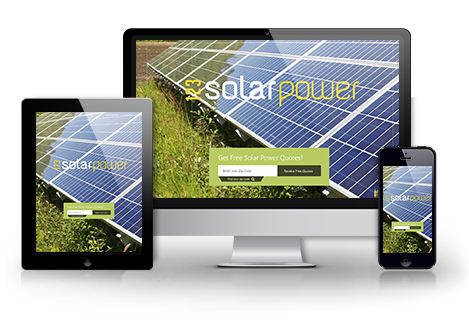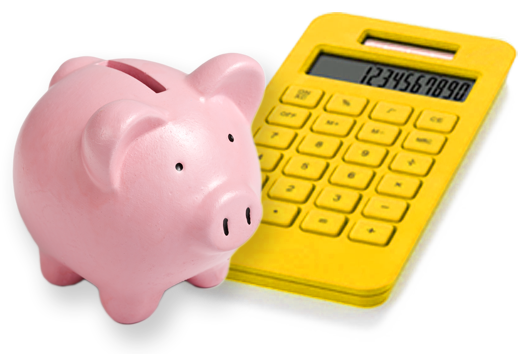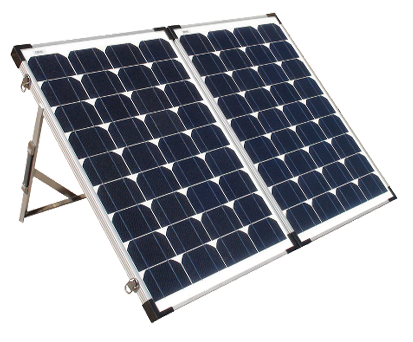Louisiana Incentives
123SolarPower is a leader in providing cost effective alternative energy solutions for residents of all 50 states as well as Canada. It does not matter where you live or what the yearly weather conditions may be, 123SolarPower has a program for you that will save energy, save you money, and save the planet.
After hurricane Katrina caused widespread devastation all over the state, solar panels Louisiana became a necessity. Solar power was the only alternative able to provide generation, when the grid was incapacitated and delivering diesel to generators was not possible. The Deepwater Horizon oil spill reinforced the belief that an alternative energy source for Louisiana was necessary to help prevent future disaster. As restoration of homes took place through the many efforts of rebuilding groups and local neighborhood associations, emphasis was placed on the implementation of alternative energy. The BP oil spill further proved the importance of major city installments such as solar panels New Orleans, and solar panels Baton Rouge.
Louisiana is a state that relies heavily on fossil fuels, deriving half its electricity from natural gas fired plants, one quarter from coal and another fifth from two nuclear plants. Due to its location, hot and humid weather causes a great demand for power, especially in the warmer months. These same reasons mean Louisiana has more than adequate sunshine to host a significant solar electric program. Although they do not have a renewable portfolio standard like other states, what they do have is significant incentive programs in place to encourage every home and business owner to go solar. These programs are in addition to the federal Energy Policy Act, which provides a 30% income tax credit against the cost of installing a renewable energy system. With access to some of the best sunlight in the U.S. there has never been a better time for solar panel installation New Orleans, and solar panel installation Baton Rouge.
Net Metering
Under the Louisiana net metering law, all investor-owned utilities, municipal utilities and electric cooperatives are required to net meter all residential renewable energy systems including photovoltaic (solar panel) systems up to 25kW. This means all excess solar generated electricity will be credited to the next monthly bill indefinitely. When the customer closes the account with the utility company and disconnects, the utility provider will buy any existing excess solar energy from the customer at standard energy rates. The utility provider is also required to provide a two-direction meter to the customer who installs a photovoltaic system so they can monitor their production as well. The existence of these laws means that solar panels are good idea throughout Louisiana, including solar panels Shreveport, and solar panels Lafayette, L.A.
Renewable Energy Tax Credit
After a lengthy debate concerning the legislation, the federal tax credit was amended to last until December 31st 2017. It allows for a 38% credit against the cost of a photovoltaic system, solar space heating, solar pool heating and wind generation. The credit must be applied for within one year of the installation of the system. This is a onetime credit to the original owner of the equipment. If a home or building is sold, the new owner may not use the credit if the former owner has previously used it.
Aside from the net metering and tax credit incentives there is a state loan program available for many renewable energy systems as well as energy efficient appliances. Information is available at the Department of Natural Resources website.
Help For All Louisiana Residents
123SolarPower is the largest network of alternative energy partners serving the US and Canada. We have experts in every state who are poised and ready to help you with the renewable energy solution that best suits your needs. We will custom tailor a solar energy plan to yield the maximum results and give you the best return on investment possible. For information on solar panels Louisiana simply fill out the form on this site, or call 800-294-2397 and an alternative energy specialist will be in touch.





